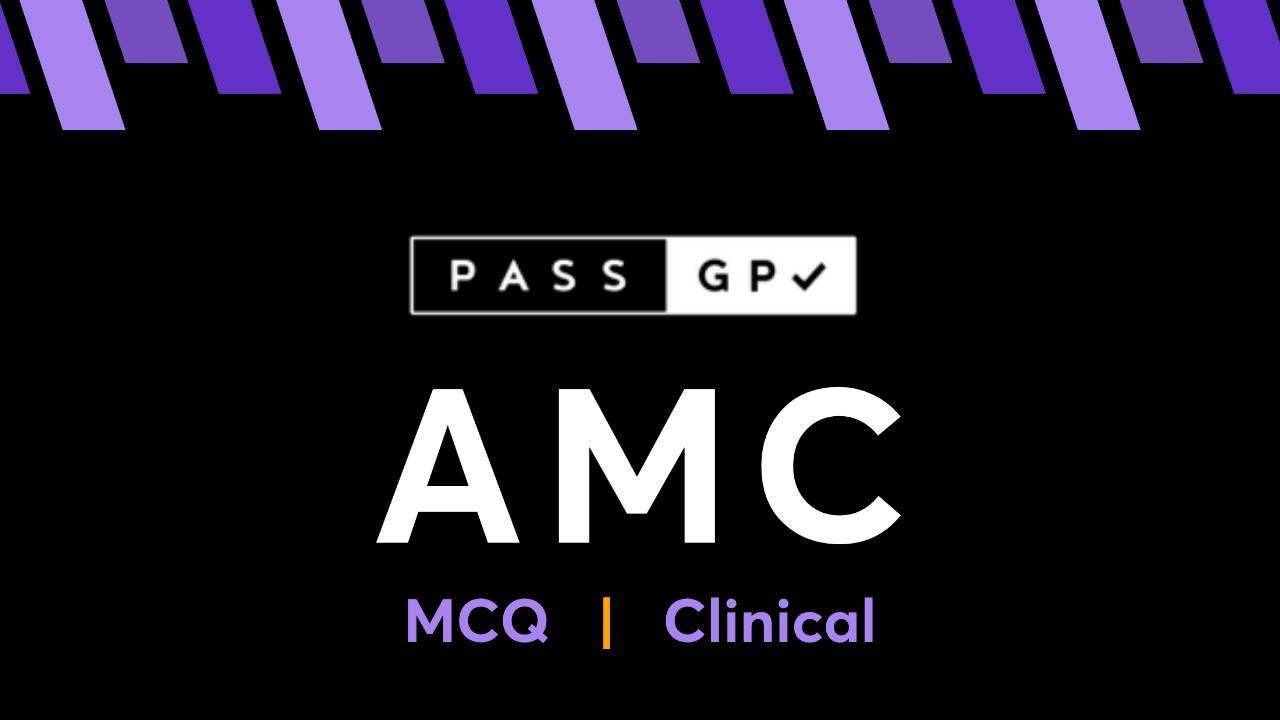Omega-3 Supplements: What Every GP Should Know in 2025
Aug 27, 2025
Omega-3 fatty acids are among the most searched and most misunderstood supplements in Australia today. Whether it's a patient asking, "Should I take fish oil for my heart?" or a CCE station about preventative health, GPs must know what the evidence really says.
According to A/Prof George Eskander, Chief Examiner of PassGP:
“Supplements come up in exams more than people realise. Omega-3 is tested not as nutrition trivia, but to assess your ability to distinguish evidence-based practice from common belief.”
What Is Omega-3 Fatty Acids?
Omega-3s are polyunsaturated fatty acids - essential fats that the body cannot make on its own. The most important types are:
- EPA (eicosapentaenoic acid)
- DHA (docosahexaenoic acid) - mainly from marine sources
- ALA (alpha-linolenic acid) - found in plants like flaxseed
Sources of Omega-3
|
Source |
Type |
Comment |
|
Fatty fish (e.g. salmon, sardines) |
EPA/DHA |
Best evidence for cardiovascular benefit |
|
Fish oil capsules |
EPA/DHA |
Most common supplement form |
|
Algal oil |
DHA |
Suitable for vegetarians |
|
Flaxseed, chia, walnuts |
ALA |
Needs conversion to EPA/DHA (limited in humans) |
What Does the Evidence Say?
Strong Evidence
- Hypertriglyceridemia: Reduces triglycerides significantly
- Secondary prevention in CV disease: Some benefit in post-MI patients (though data is mixed)
- Inflammatory arthritis (e.g. RA): Modest anti-inflammatory effect at high doses
Weak or Inconclusive Evidence
- Primary prevention of heart disease
- Cognitive decline/dementia
- Depression
- Cancer prevention
Most Australian guidelines no longer recommend omega-3 for general primary prevention.
How Omega-3 Is Tested in RACGP Exams
Exams test omega-3 knowledge by:
- Asking whether to recommend or deprescribe fish oil
- Testing your ability to tailor preventative advice
- Assessing evidence-based reasoning vs marketing myths
Example CCE-style prompt:
“Your patient is on 6 daily supplements including fish oil, glucosamine and turmeric. He has stable ischaemic heart disease. Discuss whether he should continue fish oil.”
Expected response:
- Acknowledge patient motivation
- Explain lack of strong evidence for primary prevention
- Discuss cost, pill burden, and potential bleeding risk at high doses
- Recommend deprescribing unless triglycerides are elevated
Risks and Side Effects
|
Risk |
Detail |
|
Bleeding risk |
Theoretical at very high doses (>3g/day EPA+DHA) |
|
Gastro upset |
Fishy aftertaste, reflux |
|
Contamination |
Some lower-quality products may contain mercury or PCBs |
|
Cost |
Often unnecessary financial burden |
What GPs Should Say to Patients
A practical script:
“There’s a lot of interest in omega-3s, and they do have some benefits - especially in people with high triglycerides or inflammatory arthritis. But for most people, the best way to get omega-3 is through two servings of oily fish per week. If you're not eating many fish, I can help you decide if a supplement is worthwhile - or if we can deprescribe safely.”
How PassGP Helps You Master Nutrition and Preventative Health
At PassGP, our KFP and CCE cases prepare you for real-life discussions like this. We teach:
- When to recommend vs deprescribe
- How to communicate without judging
- What to say when the evidence is mixed
Start your free trial at PassGP.au today and access 4,500+ expert-written questions, including nuanced nutrition and supplement scenarios.







